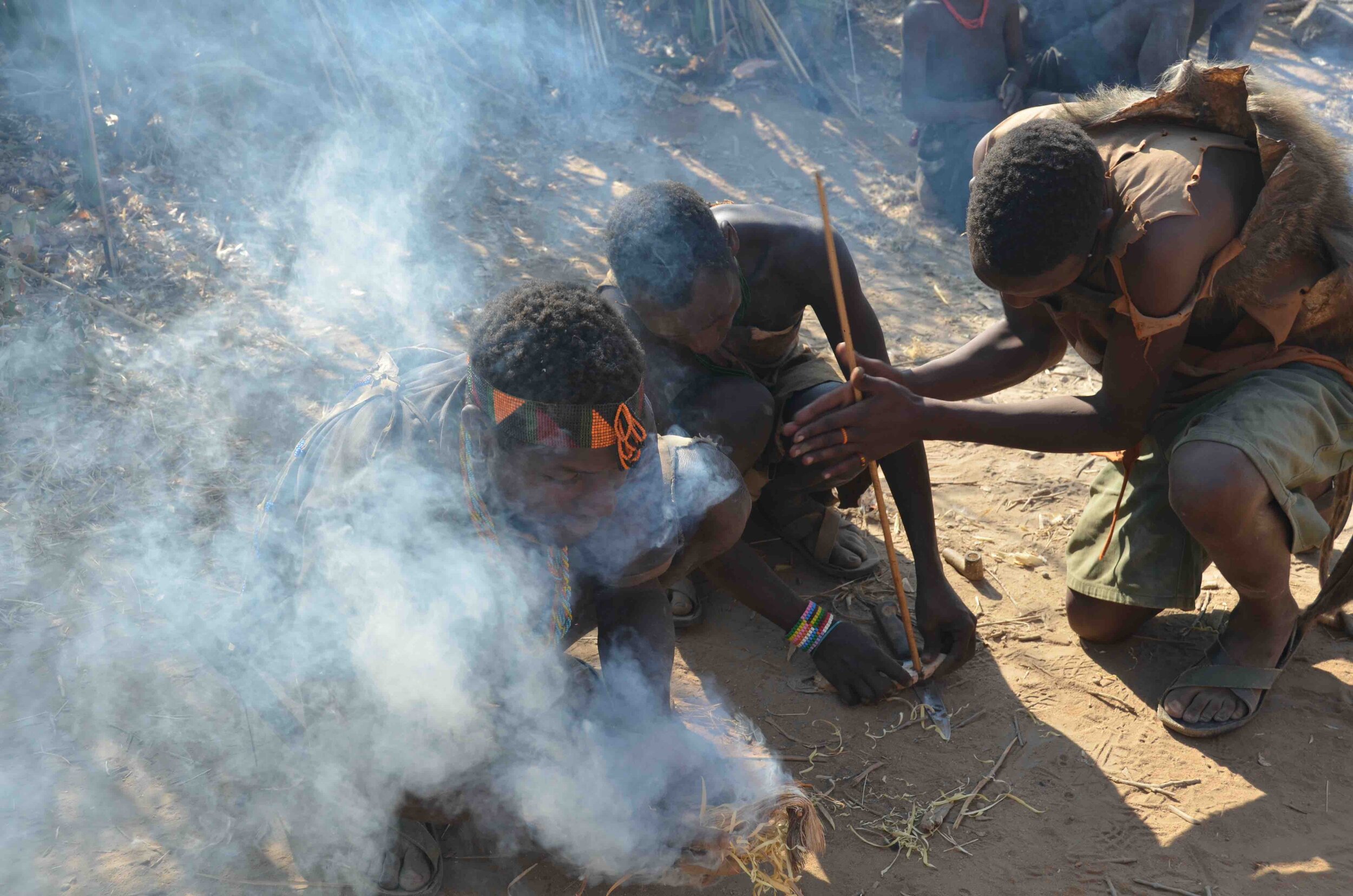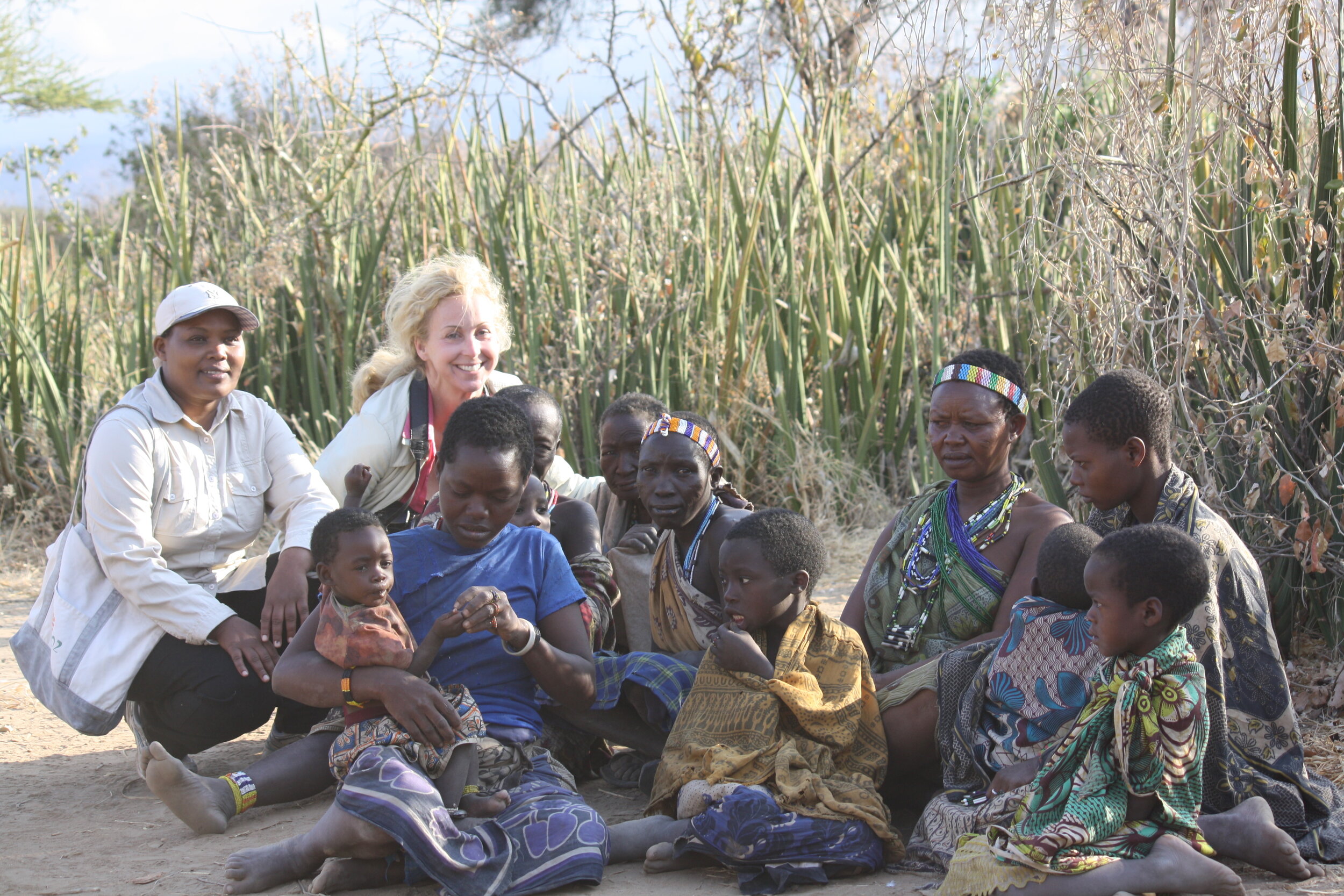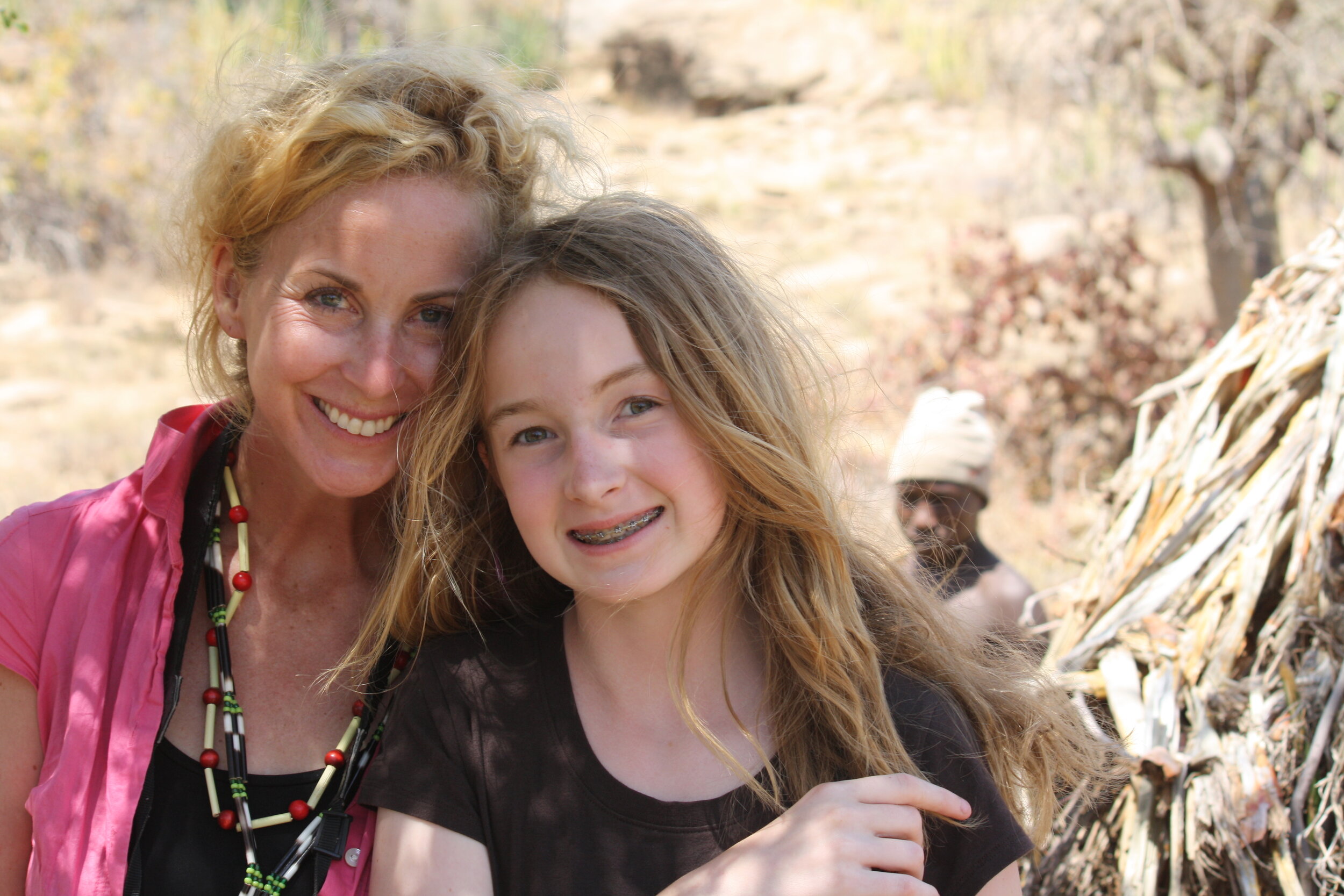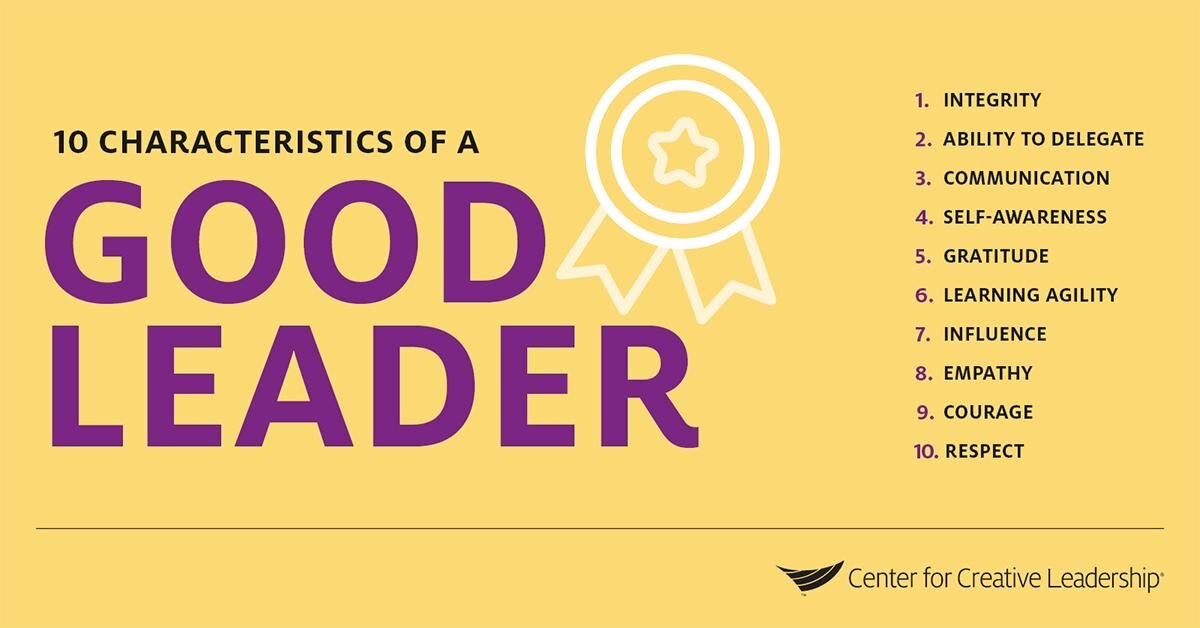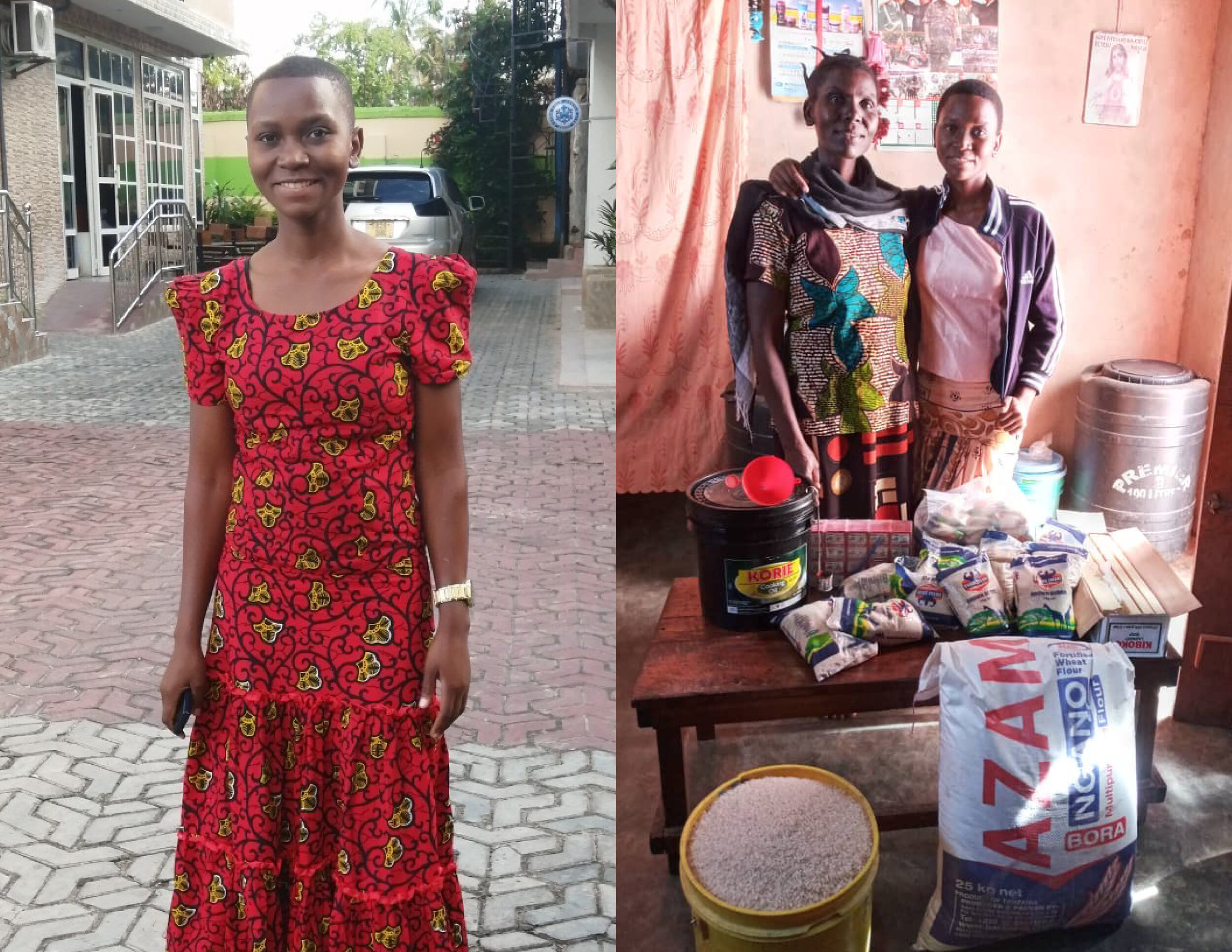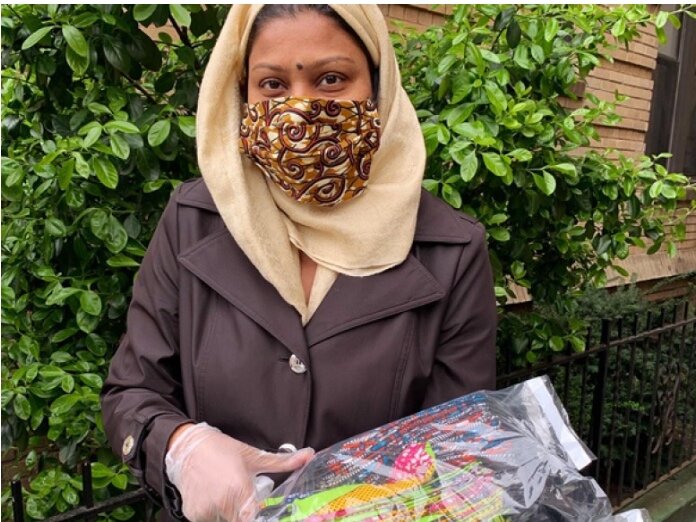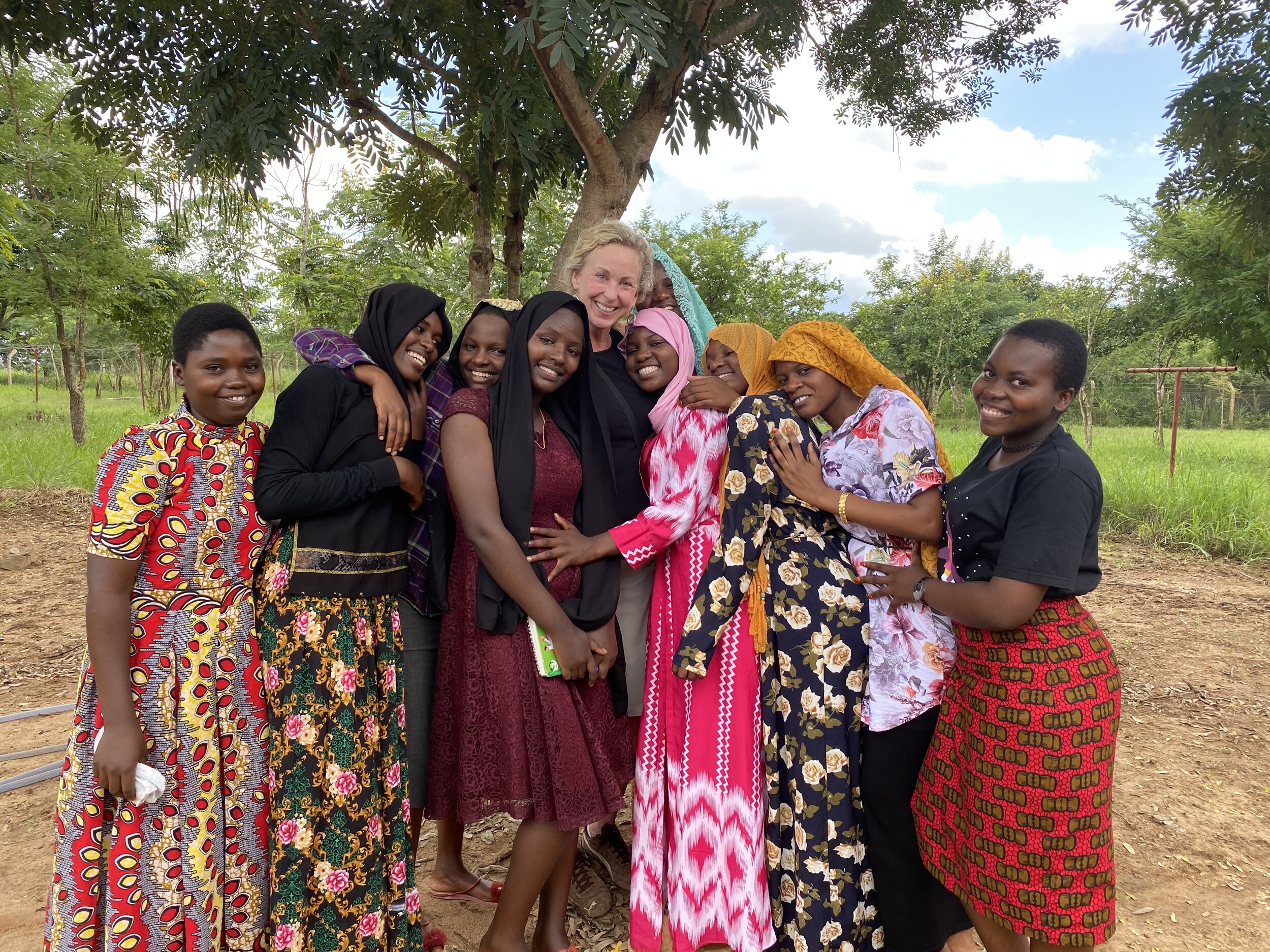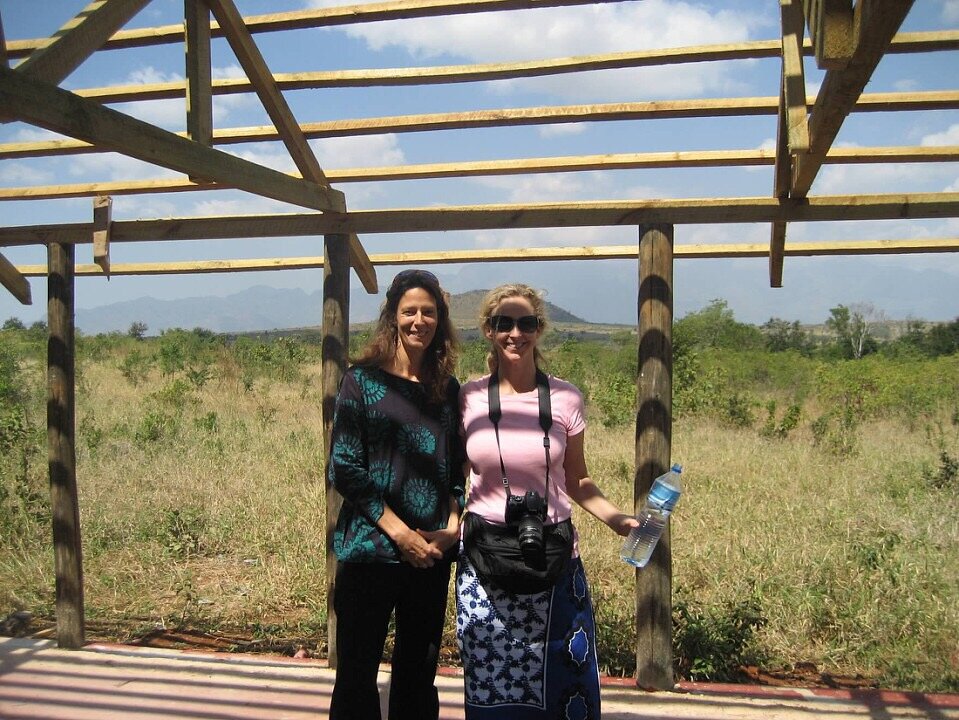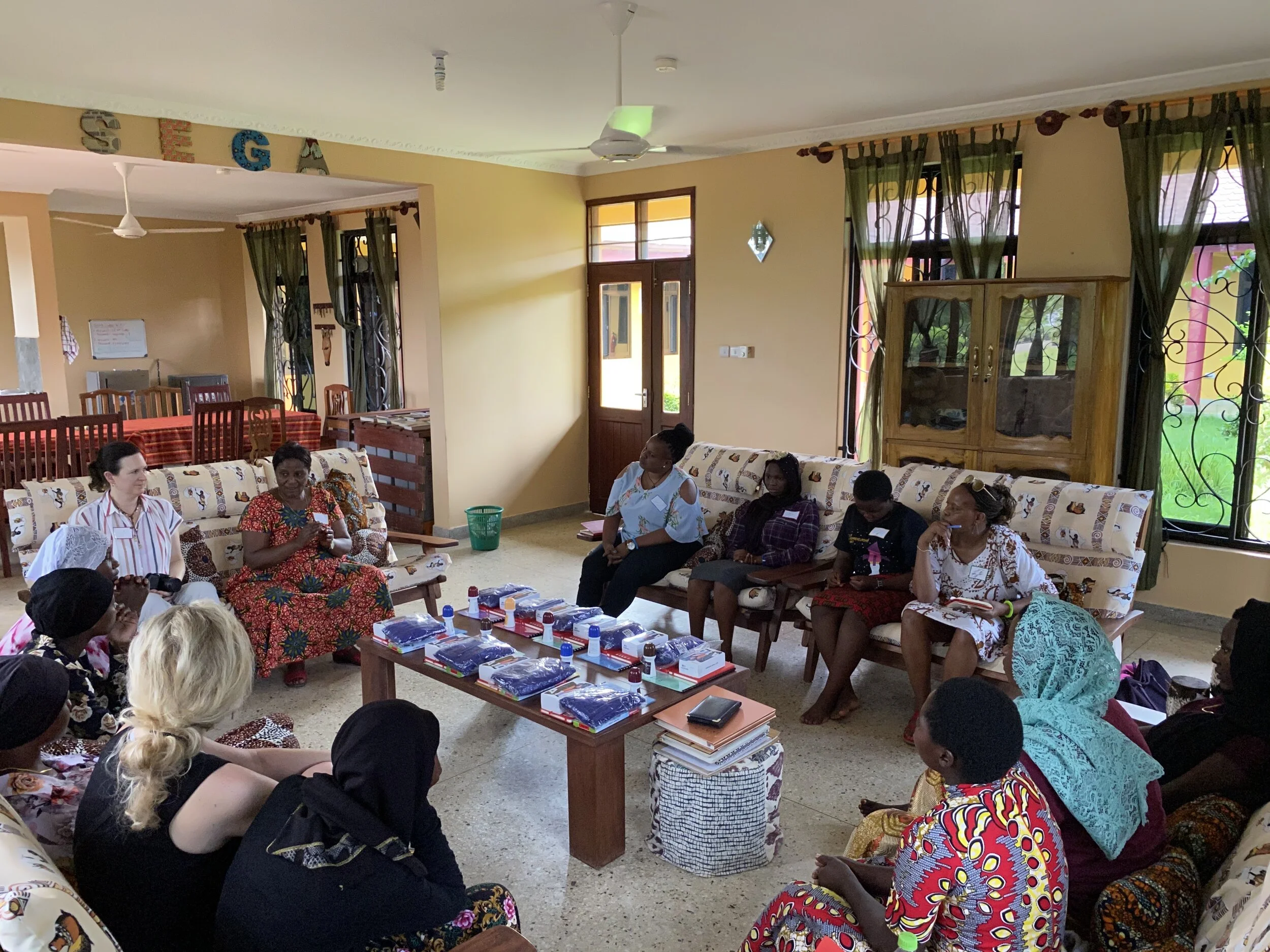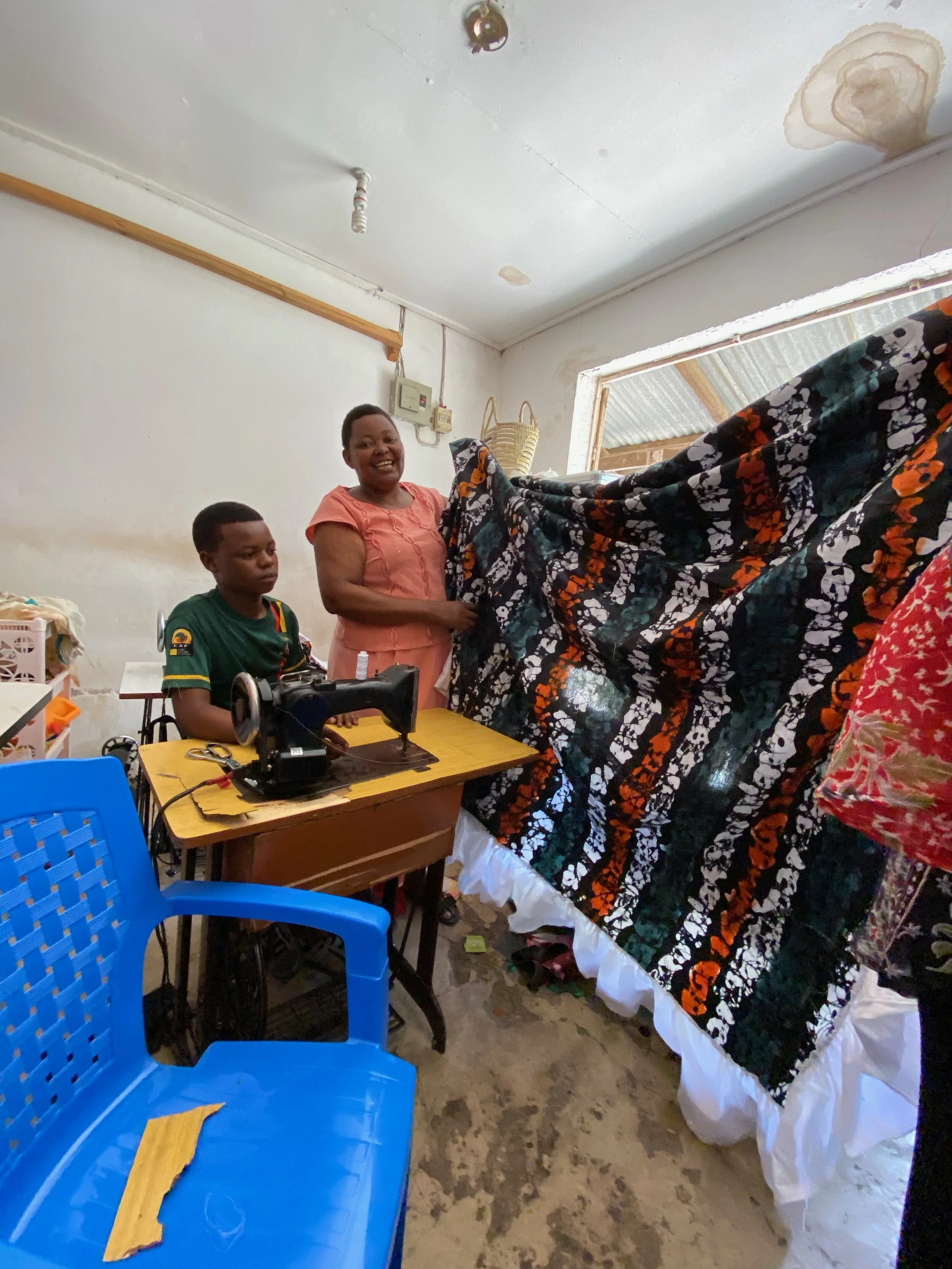On the eve of this historic election, I wanted to share an op-ed I wrote recently in the hopes that it may help promote peace.
***
Six years ago Unite The World With Africa Foundation was incorporated as a 501(c)(3) public charity to create “a world in which people unite in service, crossing borders seen and unseen, so that every human may live with health, hope, opportunity, and dignity.”[1] What seemed as a lofty vision at the time could now become a reality, thanks to COVID-19.
Why? Today, as a result of the coronavirus pandemic, nearly all 7.82 billion[2] of us living on Planet Earth find ourselves facing a common enemy—an invisible-yet-potentially-deadly-airborne pathogen—and we are experiencing first-hand how the actions of a few can affect the lives of many, even from thousands of miles away. No amount of wealth, influence, or resources has proven, yet, to render anyone immune.
“So many people who live a comfortable, easy, safe life in the western world, who have never had to deal with malaria, typhoid, dengue fever, cholera, Ebola, HIV/AIDS, and all the other deadly diseases that so many less privileged countries deal with on a daily basis, are now saying ‘one life lost to COVID-19 is one too many,” writes conservationist Stephanie Fuchs, a German-born woman now living with the Maasai tribespeople in Tanzania, on her Instagram @masai_story. She goes on to ask, “Where have they been?!”[3]
Like it or not, Ms. Fuchs has a point. Here in Fairfield County, Connecticut, people lament their kids having to take classes from home via zoom, understocked markets, extended wait times, and being stuck at home. Elsewhere (and here at home), millions have no access to quality education, safe housing, medical care, clean water, or adequate nutrition. In October 2020 my town’s printed glossy magazine ran a feature article about the importance of cloth napkins. It’s time for the privileged to shift focus.
For nearly 30 years I have studied, worked, and traveled in and out of East Africa. In response to the extreme poverty and human suffering I witnessed, I found an amazing team (bless them!) and together we launched Unite with the mission of “providing opportunities for impoverished youth and women to thrive and prosper by investing in and developing quality education, health, and business development programs.”[4] This work has taken me to the side of a Hadza hunter-gatherer woman and her two-hour-old daughter as they lay in dirt in their upside down, hand-built bird’s nest of a home; a 28-week-old newborn who was being kept alive by a heated water-balloon-style baby-warmer donated by an international charity; an 18-year-old girl who, after her baby died during childbirth, lay leaking feces and urine while waiting for an international doctor to perform her fistula surgery. I have met families who lost children and loved ones to all kinds of preventable and treatable diseases (from diarrhea and pneumonia to respiratory illness and untreated infections); diabetics with no access to insulin or glucose monitoring devices; early-stage cancer patients who go on to die because they could not afford, or access, proper treatment; men and women who lost legs to road accidents (in places where there are no orthopedic specialists, broken limbs are often amputated). And the list goes on.
Last summer when most of the world shut down to curb the spread of COVID-19, Tanzania’s President John Magufuli declared Tanzania covid-free. Within two months of the virus officially arriving in the country on March 16, 2020,[5] Magufuli called upon the Tanzanian people to engage in three days of prayer to destroy the coronavirus. “God will do a miracle in our country,” he said.[6] Soon thereafter Covid testing centers closed; the reporting of cases, and deaths, stopped; students returned to school; sporting events resumed; and the small businesses that had popped up to manufacture and provide face-masks and hand-sanitizers shut down. Coronavirus in Tanzania was over.
While Tanzania’s course of action may be questionable, I do wonder what viable choices are available in one of the world’s least developed countries where approximately 70 percent of the population (~60 million people) live on less than $2 a day[7] and where there are no safety nets, beyond extended family. In such an environment, quarantine and lock down would result in economic catastrophe and mass hunger. And while it appears that COVID-19 is not, in fact, ravaging Tanzania, as widely predicted (experts speculate this may be in part because of the young population—nearly half are under 16[8]—and the predominantly outdoor lifestyle), what the future holds, no one knows. However, what we do know, is that the Tanzanian people are intimately familiar with vulnerability and uncertainty. They live with the same diseases that Ms. Fuchs cites – everyday. So, coronavirus or no coronavirus, life goes on.
I am a natural optimist and believe the day will come that COVID-19 is behind us all. And I am hopeful that this experience will influence, positively, the decisions we choose to make over coming days, months, and years. According to a study published in Lancet, COVID-19 has “triggered enormous displays of pro-social behavior with neighbors coming to the aid of (the) isolated…” Let’s hope that this compassion; desire to use one’s time, talent, and treasure in service to those in need; and humility that comes from knowing “it could be me” will continue long after the pandemic is history.
COVID-19 has made what has always been a stark reality impossible to ignore:
Ours is one world; our lives interconnected, our health interlinked.
***
When faced with the challenges of the day, we must ask ourselves…
“What would love do?” And then, we must act.
~Anne Wells, Founder & Director, Unite The World With Africa Foundation
***
[1] Vision Statement. Unite The World With Africa Foundation. Retrieved October 29, 2020, from https://www.uniteafricafoundation.org/our-mission-and-goals
[2] Worldometer. Retrieved October 29, 2020, from https://www.worldometers.info/world-population/
[3] Stephanie Fuchs, Instagram @Masai_story. Retrieved October 29, 2020, from https://www.instagram.com/masai_story/
[4] Mission Statement. Unite The World With Africa Foundation. Retrieved October 29, 2020https://www.uniteafricafoundation.org/our-mission-and-goals
[5] COVID-19 Pandemic in Tanzania. Wikipedia. Retrieved October 29, 2020 from https://en.wikipedia.org/wiki/COVID-19_pandemic_in_Tanzania
[6] Nyaguthie, Racheal (March 23, 2020). “President Magufuli says coronavirus cannot survive the body of Christ.” MSN.com. Retrieved October 29, 2020 from https://www.msn.com/en-xl/news/other/president-magufuli-says-coronavirus-cannot-survive-in-body-of-christ-it-will-burn/ar-BB11Aa80
[7] “Tanzania Mainland Poverty Assessment: A New Picture of Growth for Tanzania Emerges.” The World Bank. Retrieved October 29, 2020 from https://www.worldbank.org/en/country/tanzania/publication/tanzania-mainland-poverty-assessment-a-new-picture-of-growth-for-tanzania-emerges
[8] World Fact Book. Central Intelligence Agency. Retrieved October 30, 2020, from https://www.cia.gov/library/publications/the-world-factbook/geos/tz.html



























